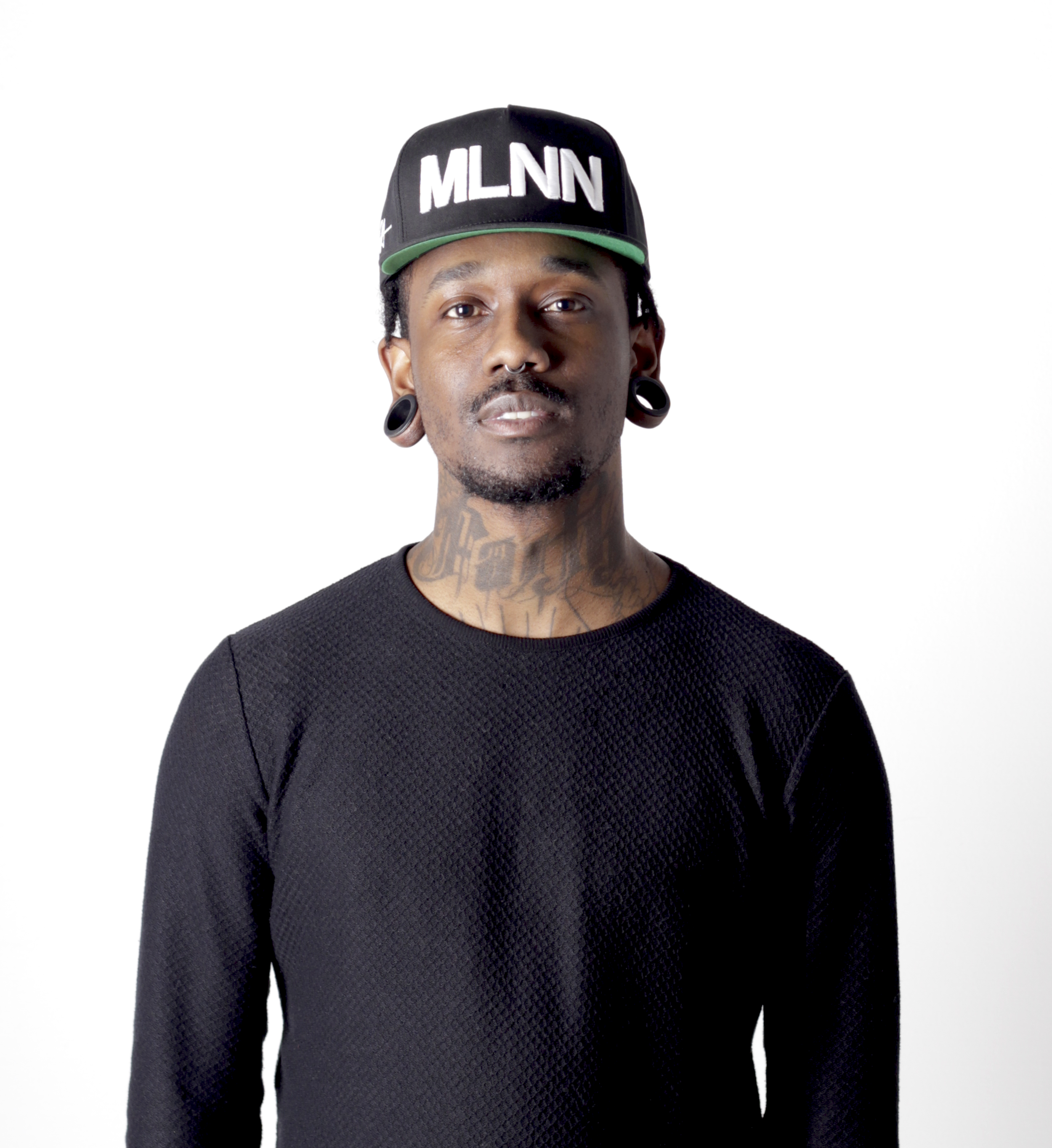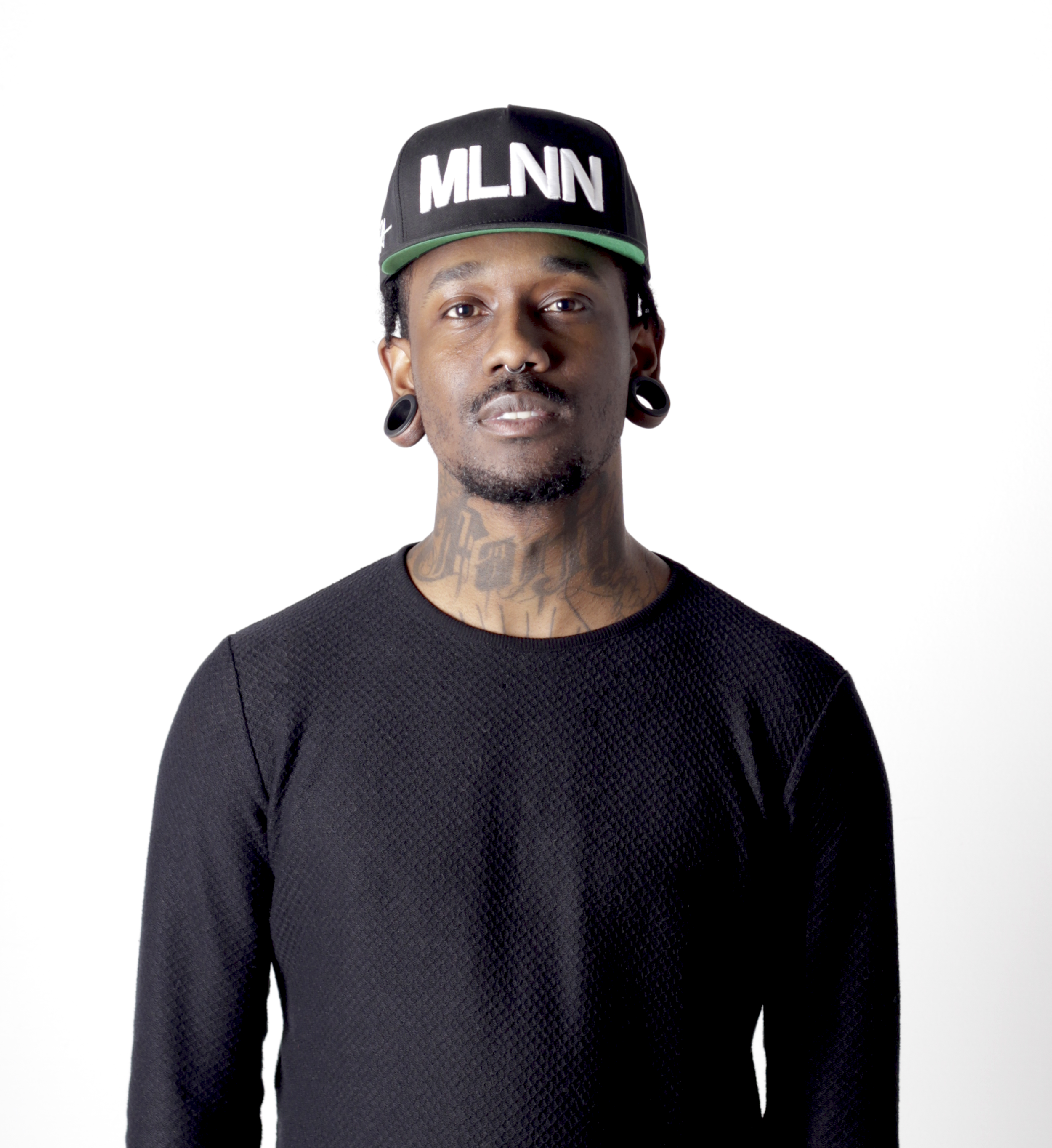 Growing up, I spent many Saturday mornings with my eyes glued to cartoons on the television screen. Superheroes, whether it was Batman, Superman or the Teenage Mutant Ninja Turtles, have always been a part of my life in some small way or another. Though I moved on from these iconic characters to fantasy epics like “Harry Potter” and “Lord of the Rings”, superheroes have once again returned to the forefront of popular culture. For me, it was Christopher Nolan’s “Batman” trilogy and the revival of the Marvel and DC Comic franchises in the past few years that grabbed my attention. Unfortunately, as with most programming that comes out of Hollywood, these “new age” superheroes have failed to represent people of color. However, with Chadwick Boseman being cast as Black Panther, and with the franchise being helmed by critically acclaimed director Ryan Coogler, this has begun to change that conversation. Big changes are also happening on a slightly smaller scale.
Growing up, I spent many Saturday mornings with my eyes glued to cartoons on the television screen. Superheroes, whether it was Batman, Superman or the Teenage Mutant Ninja Turtles, have always been a part of my life in some small way or another. Though I moved on from these iconic characters to fantasy epics like “Harry Potter” and “Lord of the Rings”, superheroes have once again returned to the forefront of popular culture. For me, it was Christopher Nolan’s “Batman” trilogy and the revival of the Marvel and DC Comic franchises in the past few years that grabbed my attention. Unfortunately, as with most programming that comes out of Hollywood, these “new age” superheroes have failed to represent people of color. However, with Chadwick Boseman being cast as Black Panther, and with the franchise being helmed by critically acclaimed director Ryan Coogler, this has begun to change that conversation. Big changes are also happening on a slightly smaller scale.
Markus Prime is an LA based illustrator who has been drawing since he could hold a crayon. His new 100-page sketchbook “B.R.U.H.: Black Renditions of Universal Heroes/Heroines” is a collection of his gender and race swaps of popular superheroes and anime characters. Shadow and Act had the opportunity to chat with Prime about his work, the inspiration behind “B.R.U.H”, and his thoughts on representation in the comic world today.
Aramide Tinubu: In the preface of “B.R.U.H”, you said that superheroes were your first love. What drew you to them and why did they resonate with you so much as a child?
Markus Prime: I don’t know what initially made me fall in love with superheroes, but the Teenage Mutant Ninja Turtles were probably the first superheroes of any form that I gravitated towards; and Spiderman as well. Those were the first two. Those particular characters are very normal, if that makes sense. It was almost like you could embody them yourself. They both come from situations that a lot of us come from. Even though they’re turtles, for example, they come from struggles, they live in sewers, they have to fight for food, and they are very aware of the world around them. Spiderman was the same. He’s just a kid going to school and trying to get by, and then a series of events changes his life. I feel like that probably is what made me fall in love with the idea of superheroes.
AT: After taking a look at the book, I was so enthralled because all of the superheroes in it are actually Black women. In the book’s preface you really talked about why you chose to pay homage to Black women and our struggles in particular. Could you talk to me about why Black women are your superheroes?
MP: It’s been a journey and it still is. I like to tell people that I’m learning more and more about the struggles of Black women historically and even currently. I have a lot of friends and family who are Black women. As a man growing up, there are so many things that you don’t have to care about. It’s just not on our radar. We have our own situations going on, and it’s easy, in a world that is dominated by men, to just not acknowledge the problems of women. It’s not even something that you’re told you should care about.
Continue reading at Shadow and Act.
Image: Markus Prime by Anthony Prince

